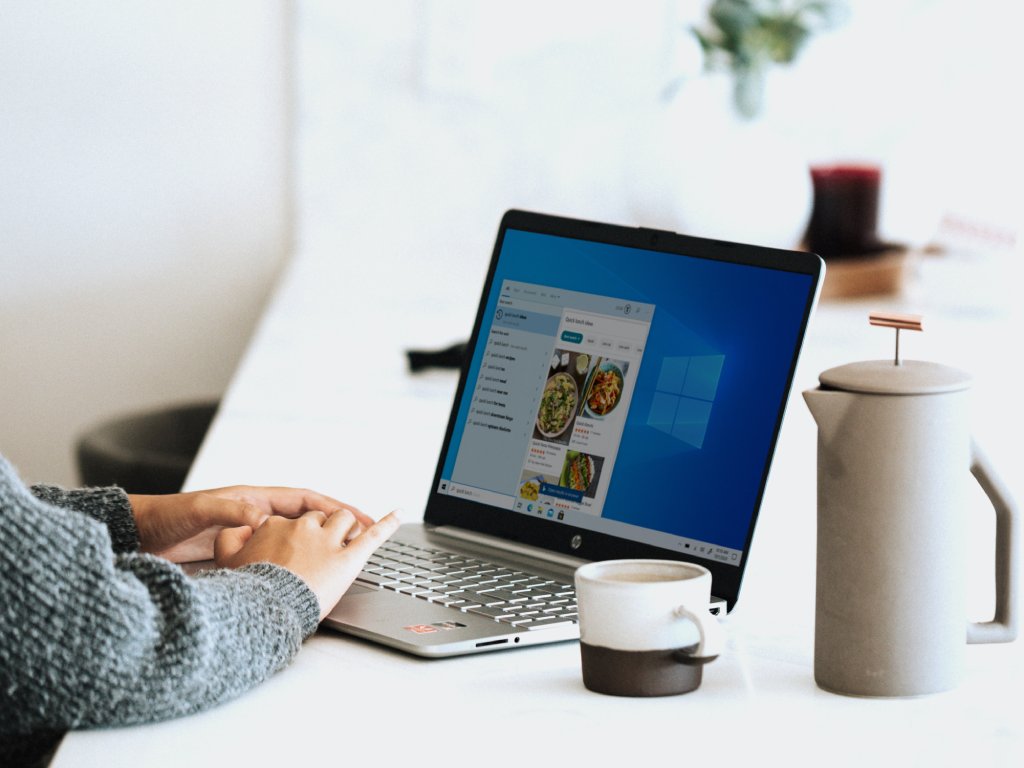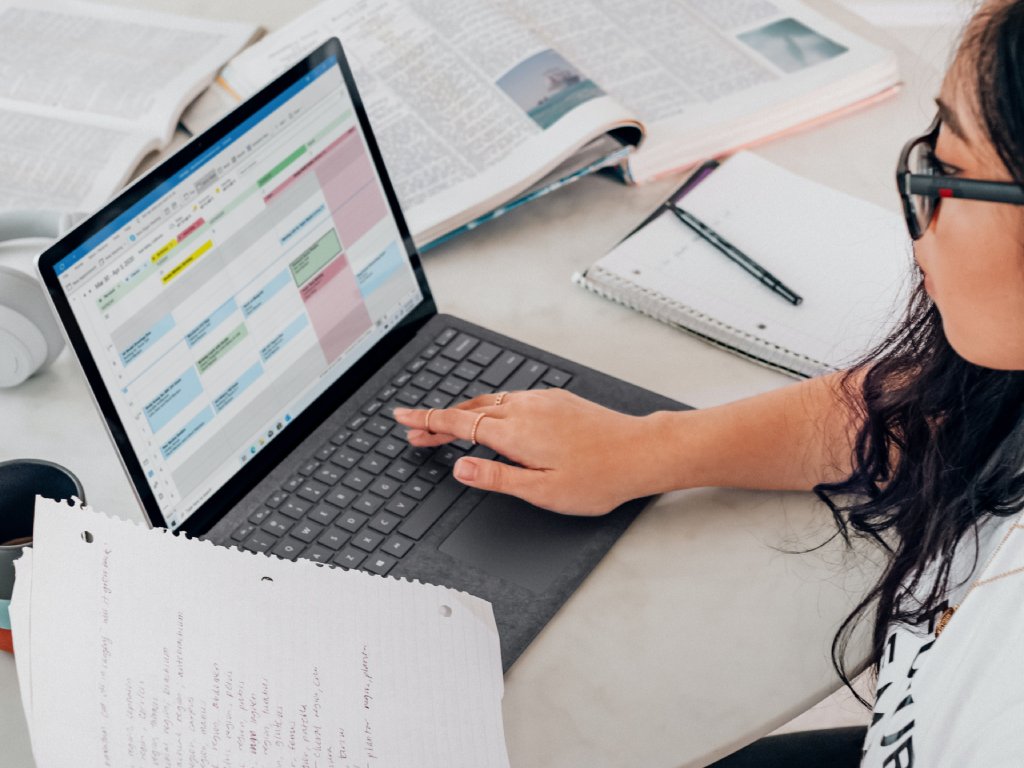In today’s fast-paced world, we are all constantly juggling multiple tasks. New responsibilities are dropped in our laps unexpectedly, and we feel like we’re drinking from a fire hose with how quickly things move. Everyone is looking for ways to increase their productivity at work. You can do the same by streamlining your day and planning. These minor tweaks will significantly affect how much you get done in one day and how much stress you create for yourself.
Optimize your workspace

Your desk is the foundation of your productivity. If you are working in a cluttered and uncomfortable area, you may find it hard to focus. Take some time to clean up your workspace and create a space that is conducive to your work. This can be as simple as tidying up papers, labeling folders neatly, cleaning your computer desktop, or freeing up space on your device for faster operations.
If you work in an open-concept office with little privacy, try investing in noise-canceling headphones or an earplug kit to reduce distractions and increase focus. Additionally, look into ergonomic solutions for your workspaces, such as a standing desk or a sit-stand desk, as these have been known to reduce back pain and improve productivity.
Have a to-do list ready before you start working
If you constantly think about what you need to do next, you will likely not get any of your current tasks completed. That’s why it’s essential to have your to-do list ready before you start working. Thinking of what tasks to work on can be highly distracting and cause you to lose focus. Having a list of tasks ready will help you stay on track and avoid getting sidetracked by other tasks that are less pressing.
Try using a note-taking app such as Google Keep, Evernote, or Wundelist to jot down your to-do list. You can also use a productivity tool like Trello or Asana to organize your projects.
Don’t multitask
We often think we are great at multitasking. But when you study the brain’s ability to do multiple things at once, you discover something interesting: we don’t multitask. We switch our attention from one thing to another.
Neuroscientists call this “controlled attentional switching,” or CAS. In other words, when you’re supposed to be reading this article, you are not. You are reading a simulation of this article in your head. You cannot pay equal attention when trying to do two things simultaneously. You cannot focus on both tasks as you need to split your attention between them. It’s better to focus on one task at a time to complete it correctly.
Only accept meetings that are worth your time

Meetings are a necessary part of work. But they can eat into your day and waste your time if you aren’t careful. Before you agree to attend a meeting, ask yourself if it is necessary. If not, politely decline and offer to reschedule for a time when you will be able to focus. You can also ask to take the meeting over the phone or find a different time to meet.
Once you’re in a meeting, pay attention and let others know when you need to focus. Be selective about which meetings you attend and end them early if they aren’t useful. This will show your peers that you value your time and are serious about completing work.
Don’t check your email first thing in the morning; use a tool to delay it
Most inboxes are flooded with emails from the moment employees log in. Your morning might be devoted to sorting through your inbox and responding to emails instead of getting work done. The fastest way to get through your inbox is to check it first thing in the morning. But there might be better strategies than this.
Your mailbox is probably full of work-related emails that need to be answered, but these can wait until you have finished your most important tasks. Instead, try using an inbox tool such as SaneBox that scans your inbox and automatically sorts your emails into folders such as “work” and “spam.” This will help you get through your inbox much faster as you can focus on emails that are important to your work without getting distracted by less important messages. You can also delay emails that come through to your account, so they appear later.
Use productivity software
There are many tools out there to help boost your productivity. These tools include online project management apps like Asana or Trello, note-taking and to-do list apps like Evernote and Google Keep, and scheduling apps like GCal or Outlook. While none of these tools are magical, they can help you stay more organized and get more done. They can also help you collaborate with your team more effectively, as many of these tools allow you to share your tasks and notes with others. Aside from task management and calendar tools, you can also use other tools to boost your productivity at work, like SlideModel, to save time preparing presentations.
Cultivate a productive mindset

Having a productive mindset is just as important as having the right tools. This means you must give yourself regular daily breaks, agree to unplug every so often, and avoid comparing yourself to others.
You also need to avoid negative thoughts by recognizing them as they come in. When you notice yourself thinking negatively, replace these thoughts with positive ones. Doing these things will help you reduce your stress and be more productive.
It’s also essential that you maintain a healthy work-life balance. This means taking time to do things that aren’t work-related. It’s important to step away from the office once in a while so you don’t burn out.
Summing up
Productivity is a buzzword that gets thrown around a lot. It’s a term that everyone is trying to attain, but only some know precisely how to get there.
You can boost your productivity at work by optimizing your workspace, creating a to-do list, not multitasking, only accepting meetings that are worth your time, not checking email first thing in the morning, and cultivating a productive mindset. These minor tweaks will significantly affect how much you get done in one day and how much stress you create for yourself.










